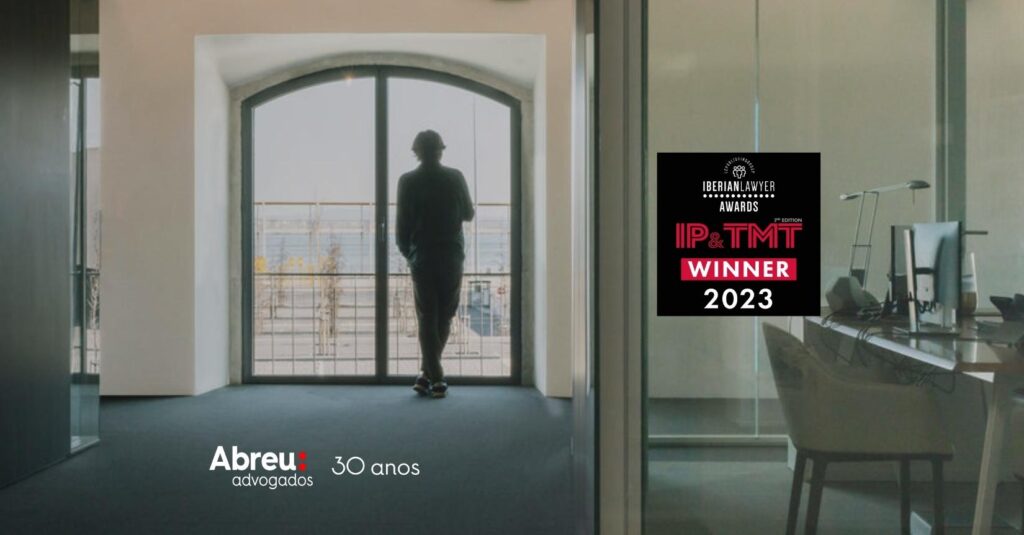The Unified Patent Court and the Local Division of Lisbon
As expected, Europe is now preparing to implement on the 1st of June the Unified Patent Court (“UPC”). As known, this court will operate as a centralized court in the European Union regarding Unitary Patents and European Patents with Unitary effect, meaning that an action brought before the UPC in any division has effect in all EU countries that have ratified the Unified Patent Court Agreement.
Many criticisms arose from the beginning of the discussion of the UPC, particularly in relation to countries that have SME’s as the basis of their economics, which happens in Portugal. In fact, the high costs of the proceedings as well as the official languages of the UPC (English, French and German) can cause a lot of practical disadvantages. For this reason, Spain as not ratified the UPC agreement.
Notwithstanding, the UPC is there and the Member States that have ratified the Agreement will have to live with this new jurisdictional reality.
The UPC is composed of several first instance courts, spread across jurisdictions in the European Union, which will be (i) central divisions and (ii) local or regional divisions. The local divisions will be responsible for actions in respect of infringements in their respective countries, while the regional divisions will have similar responsibilities, but having jurisdiction for a certain number of participating Member States. The establishment of local divisions in Germany, Italy, France, the Netherlands, Belgium, Finland, Denmark, Austria, Portugal and Slovenia has been confirmed. In addition, a Nordic regional division based in Stockholm will be established, covering the territories of Sweden, Lithuania, Estonia and Latvia.
The basic structure of the UPC is the following:

The local division in Lisbon is composed of one Portuguese judge, and two non-Portuguese judges, in order to maintain constant jurisprudence between the various local divisions of the UPC, regardless of their geographical location. The local divisions will have jurisdiction to settle, among other matters, patent infringement actions, cease & desist issues and damages actions. In addition, some matters of invalidity or non-violation of a patent may also fall within the jurisdiction of these local divisions.
There is a special advantage regarding patent litigation in the Portuguese local division which relates to the costs of the proceedings (both court and legal fees) which are lower than in several other EU countries. As a matter of fact, the legal fees of the Portuguese market are quite less expensive comparing to other legal markets. This is something that companies should really evaluate because of such advantage.
In general, it should be mentioned that the main objective of the UPC is the offer of a much more efficient, faster and high quality patent enforcement system, as well as regarding patent validity challenges. Judges are specialized in patent rights and have technical background so they have expertise in the various fields of patents eg pharma, biotech, mechanical and information technology.
In addition to the local divisions being able to opt to have competence for the above-mentioned matters, they may either second a judge with technical training in the area concerned or, alternatively, refer them to the central division in Paris or Munich.
Many questions and doubts have been raised about what developments and benefits this new court will bring and whether patent holders can expect faster decisions regarding disputes within its jurisdiction. According to European Union forecasts, this Court will bring faster rulings, predictably within 1 year, which will represent a significant advance.
But the major issue is definitely the risk of a single decision which may invalidate a patent in all the territories of the UPC. For this reason there is an opt-out possibility – excluding some patents of the competence of the UPC during a period of 7 years (renewable for more 7 years) – which means that patent holders can still rely on the competence of the regular national courts in EU countries in relation to patent enforcement and validity discussions.
Expectations in the UPC are high and demanding because for the first time there is a centralized forum for patent litigation in the EU. Consequently, the patent holders will pay much attention to the quality and consistency of the judicial decisions notably because they do not want to face uncertainties regarding their patent portfolio. And the UPC is not so affordable in terms of costs.
That is why the mentioned advantage of the local division in Lisbon should be duly considered.











































